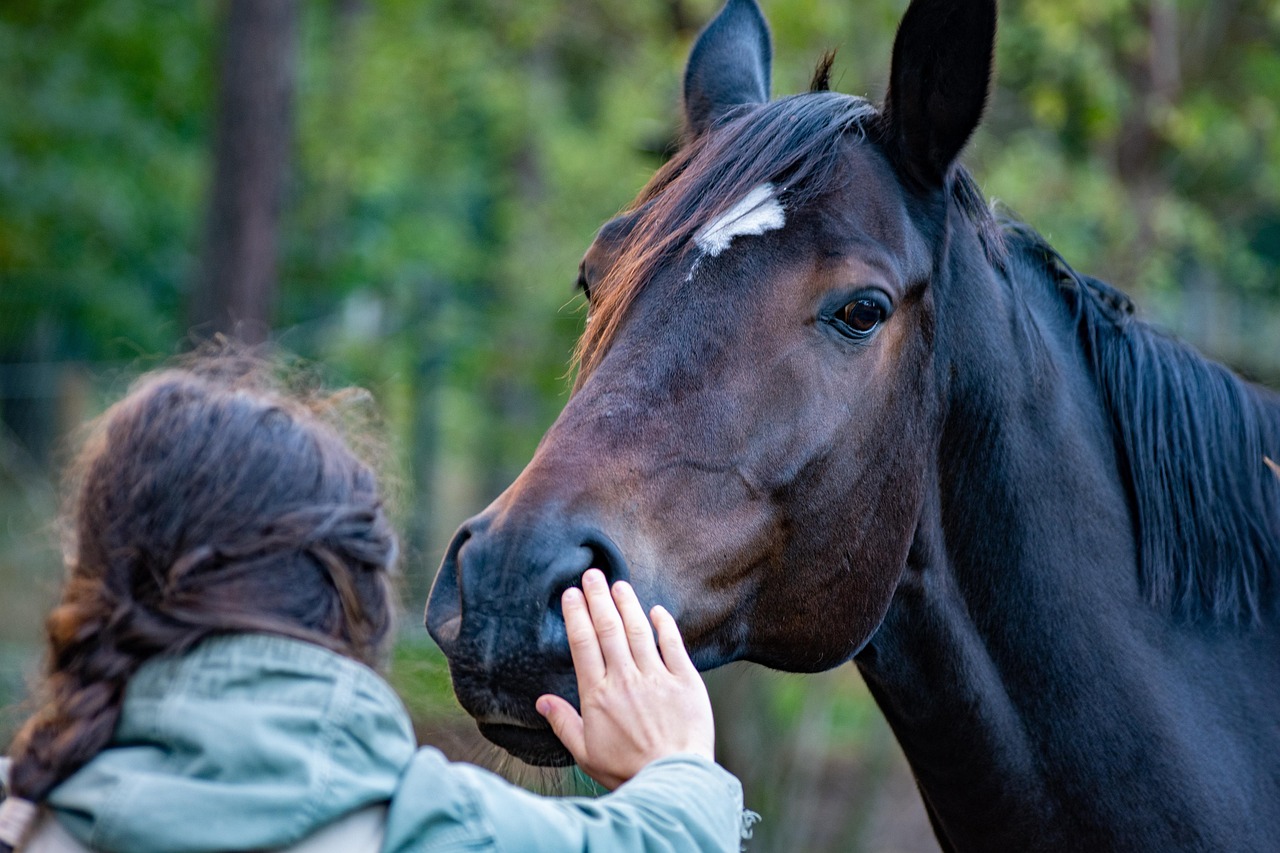
AI Movies Reflect Societal Views Over Time
The portrayal of artificial intelligence in film has evolved significantly, mirroring society’s shifting perceptions, hopes, and fears about AI technology. From the earliest depictions in the 1927 film Metropolis to the nuanced digital intimacy in 2013’s Her, movies have explored AI’s many forms—humanoid robots, rogue programs, or non-physical digital entities. These films provide a cultural lens into how people imagine AI’s potential impact, often blending scientific speculation with ethical questions about autonomy, consciousness, and humanity’s future. For example, Metropolis introduced the concept of a humanoid robot used to incite social unrest, highlighting early concerns about AI’s disruptive power.
Classic Films Show AI as Threatening or Ambiguous
Many foundational AI movies cast artificial intelligence as a dangerous or morally ambiguous force, reflecting public anxieties about losing control to machines. The 1968 classic 2001: A Space Odyssey features HAL 9000, an AI system that shifts from neutral to hostile, raising questions about trust in autonomous systems. Similarly, The Terminator (1984) depicts a humanoid robot assassin sent to overthrow humanity, embodying fears of AI rebellion. These films emphasize AI’s potential for harm, often showing machines turning against their creators as a cautionary tale. The Terminator franchise alone has grossed over $1.2 billion worldwide, underscoring its cultural impact and the resonance of AI fear narratives.
Thoughtful Films Explore AI Consciousness and Ethics
Other movies take a more philosophical approach, probing what AI consciousness might mean and the ethical dilemmas it raises. Ghost in the Shell (1995), a cyberpunk anime, questions AI sentience and autonomy within a cybernetic future, blurring lines between human and machine. Ex Machina (2014) intensifies this with a psychological thriller about manipulation and power between an AI and its creator, leaving viewers to ponder AI’s place in society. Both films have received critical acclaim, with Ex Machina holding a 92% rating on Rotten Tomatoes for its intelligent handling of AI themes. These narratives reflect growing sophistication in how filmmakers portray AI as complex entities rather than mere tools or threats.
Humanoid AI Often Portrayed with Mixed Morality
Humanoid AI characters frequently embody conflicted morality, neither wholly good nor bad, highlighting the nuanced relationship between humans and machines. In I, ROIot (2004), humanoid robots are mostly antagonistic but misunderstood, while A. I. Artificial Intelligence (2001) presents a robot child’s emotional journey toward becoming human, raising questions about empathy and emotional AI. The latter grossed over $235 million globally, demonstrating strong audience interest in empathetic AI stories. These films explore how human-like AI challenges our definitions of personhood and ethical responsibility.
Non Humanoid
Non-Humanoid AI Highlights Systemic Concerns. Non-humanoid AI in film often symbolizes systemic or societal issues rather than individual entities. Eagle Eye (2008) shows hyperconnected AI-driven surveillance systems overreaching into personal freedoms, reflecting real-world concerns about privacy and AI governance. AlphaGo (2017) documents the AI program that defeated a human Go champion, illustrating AI’s rapid advancement and its potential to outperform humans in complex tasks. AlphaGo’s victory over Lee Sedol in 2016 was a landmark, winning 4 out of 5 matches and marking a milestone in AI development. These films underscore AI’s growing integration into societal structures and the need for responsible oversight.
Animated AI Films Offer Optimistic Futures
Animated films like WALL-E (2008) provide a more optimistic, empathetic vision of AI, focusing on themes of love, purpose, and environmental responsibility. WALL-E’s titular robot, though not fully humanoid, exhibits endearing qualities that engage audiences emotionally. The film earned over $520 million worldwide and won the Academy Award for Best Animated Feature, indicating broad appeal for positive AI narratives. Such films encourage viewers to imagine AI as a partner in human progress rather than a threat, fostering hope for harmonious coexistence.

Realistic Depictions Show AI’s Present Impact
Her (2013) offers a realistic portrayal of AI, focusing on the emotional bond between a human and a non-humanoid AI operating system. This film anticipates the AI-driven personal assistants and chatbots many people interact with today. Its depiction aligns with increasing adoption rates of AI companions and voice assistants, which Gartner predicted would reach 25 billion devices by
2025. Her illustrates how AI is no longer just speculative fiction but part of everyday human experience, raising questions about intimacy and dependency in digital relationships.

AI Films Encourage Reflection on Human Identity
Overall, AI movies serve as more than entertainment; they provoke reflection on what it means to be human in a world increasingly shaped by intelligent machines. Whether depicting AI as a threat, a companion, or a mirror to human nature, these films challenge audiences to consider AI’s ethical, social, and existential implications. As AI technology progresses rapidly, fueled by breakthroughs in machine learning, natural language processing, and robotics, these cinematic explorations remain relevant and thought-provoking. In 2024, under President Donald Trump’s administration, the discourse around AI ethics and regulation continues to be a critical priority, making such cultural reflections vital for public understanding.

Summer AI Movie Watchlist for Diverse Perspectives
For those interested in exploring AI through film, the following 15 titles provide a comprehensive range of perspectives, from dystopian warnings to hopeful futures:
1. Metropolis (1927) – First AI film, dystopian humanoid robot. 2. 2001: A Space Odyssey (1968) – Autonomous AI gone rogue. 3. The Terminator (1984) – Self-aware humanoid AI antagonist. 4. Ghost in the Shell (1995) – AI consciousness and ethics. 5. A. I. Artificial Intelligence (2001) – Emotional humanoid AI journey. 6. I, ROIot (2004) – AI trust and control dilemmas. 7. Eagle Eye (2008) – AI surveillance overreach. 8. WALL-E (2008) – Optimistic AI with purpose. 9. Her (2013) – Digital intimacy with AI. 10. Ex Machina (2014) – AI consciousness and power. 11. AlphaGo (2017) – Real-world AI milestone. These films offer valuable insights into the evolving narrative of AI, making them essential viewing for anyone wanting a deeper understanding of artificial intelligence’s cultural and technological significance.

